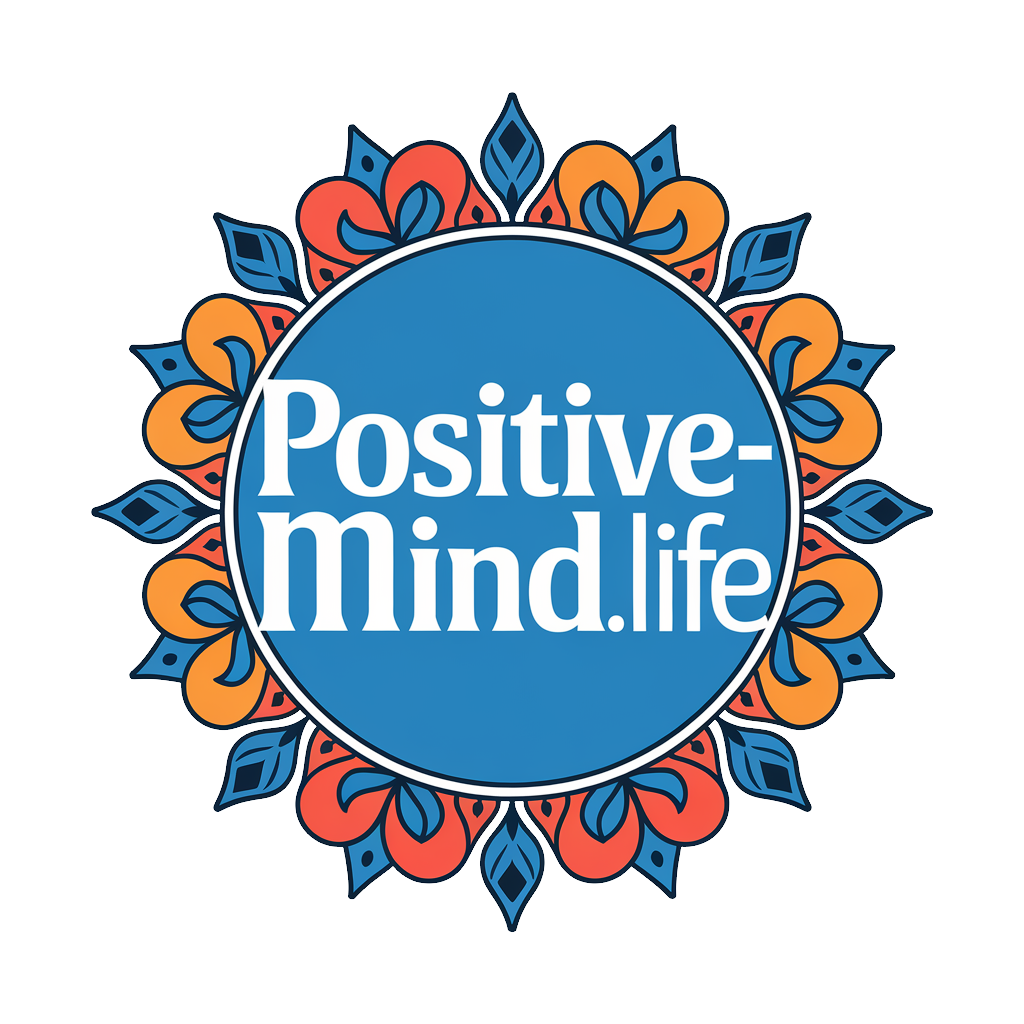Revolutionize Your Happiness With These Science-Backed Habits!
To revolutionize your happiness, consider integrating science-backed habits into your daily routine. Cultivating gratitude improves your outlook and enhances mental health. Practicing mindfulness can reduce stress and boost emotional well-being. Engaging in regular exercise releases endorphins, contributing to a more positive mood. Strong social connections significantly increase life satisfaction, while prioritizing quality sleep is crucial for emotional regulation. Finally, setting and achieving goals fosters a sense of purpose and accomplishment. Embracing these habits can create a profound shift in your happiness levels, and there’s much more to discover that can support you on this journey.
Cultivate Gratitude Daily
Cultivating gratitude daily can transform your outlook on life and boost your overall happiness. Research shows that practicing gratitude can lead to improved mental health, stronger relationships, and even better physical well-being. When you consciously acknowledge the positive aspects of your life—like supportive friends, fulfilling work, or simply a beautiful day—you’re likely to shift your focus away from negativity and stress.
You don’t have to make grand gestures; even small daily practices can yield significant benefits. Keeping a gratitude journal, for instance, allows you to reflect on what you appreciate each day. Studies indicate that individuals who regularly jot down their blessings experience heightened levels of optimism and satisfaction. Moreover, expressing gratitude to others not only enhances your mood but strengthens your social bonds, fostering a sense of connection and community.
It’s essential to remember that cultivating gratitude isn’t about ignoring life’s challenges; instead, it’s about balancing your perspective. By intentionally focusing on what you’re grateful for, you create a mental habit that can help counter feelings of anxiety and depression. In this way, gratitude becomes a tool for resilience, making it a powerful practice for enhancing your overall happiness.
Practice Mindfulness Techniques
Mindfulness techniques offer a practical way to enhance your emotional well-being and overall happiness. Research shows that practicing mindfulness can significantly reduce stress, anxiety, and depressive symptoms, allowing you to cultivate a more positive outlook on life. By being present in the moment, you can develop a deeper understanding of your thoughts and feelings, leading to greater self-awareness.
Here are three effective mindfulness techniques you can easily incorporate into your daily routine:
-
Breath Awareness: Take a few minutes each day to focus on your breath. Notice the sensation of air entering and leaving your body. This simple practice can ground you and create a sense of calm.
-
Body Scan: Lie down comfortably and mentally scan your body from head to toe. Acknowledge areas of tension or discomfort without judgment. This technique fosters relaxation and helps you connect with your physical self.
-
Mindful Observation: Choose an object in your environment and observe it closely. Notice its color, texture, and shape. This practice enhances your ability to focus and appreciate the present moment.
Engage in Regular Exercise
Regular exercise is a powerful tool for boosting your happiness and overall well-being. Numerous studies have shown that engaging in physical activity releases endorphins, commonly known as the “feel-good” hormones. These natural chemicals can help reduce feelings of stress and anxiety, making you feel more at ease throughout your day.
You might be wondering how much exercise you need. Research suggests that even moderate activities, like brisk walking for 30 minutes a day, can significantly enhance your mood. Not only does exercise improve your physical health, but it also fosters a sense of accomplishment and purpose. When you set fitness goals and achieve them, you boost your self-esteem, which contributes to overall happiness.
Moreover, regular exercise can improve your sleep quality, which is essential for emotional regulation. When you’re well-rested, you’re more likely to handle daily challenges with a positive outlook. It’s important to find an activity you enjoy—whether it’s dancing, cycling, or yoga—so you’ll stick with it. By incorporating exercise into your routine, you’re not just investing in your physical health; you’re actively enhancing your mental and emotional well-being.
Foster Social Connections
Building strong social connections is essential for your happiness and mental health. Research shows that meaningful relationships can increase your life satisfaction and reduce stress. When you engage with others, you’re not just forming friendships; you’re also improving your emotional resilience. Here are three ways to foster those connections:
-
Prioritize quality time****: Set aside regular time to connect with family and friends. Whether it’s a phone call, a coffee date, or a simple text, consistency matters.
-
Engage in community activities****: Join clubs, volunteer, or participate in local events. Engaging with your community not only introduces you to new people but also fosters a sense of belonging.
-
Practice active listening: When you’re with someone, focus on what they’re saying. Show empathy and genuine interest. This not only deepens your bond but also creates a supportive environment where both of you feel valued.
Prioritize Sleep Quality
Strong social connections can enhance your overall well-being, but they’re often best supported by a solid foundation of sleep. Research shows that quality sleep is crucial for emotional regulation and cognitive function. When you’re well-rested, you’re more likely to engage positively with others, fostering deeper connections. Conversely, lack of sleep can lead to irritability and decreased motivation, straining relationships.
Sleep affects your mental health by influencing the levels of neurotransmitters like serotonin and dopamine, which are vital for mood regulation. Studies indicate that just one night of poor sleep can impair your ability to empathize and connect with others, making it harder to maintain those important social bonds.
Prioritizing sleep doesn’t just benefit you; it positively impacts those around you. Creating a bedtime routine, limiting screen time before sleep, and ensuring a comfortable sleep environment can all contribute to better sleep quality. When you invest in your sleep, you’re investing in your happiness and your relationships. So, make it a point to prioritize those precious hours of rest; your mind, body, and social life will thank you for it.
Set and Achieve Goals
Setting and achieving goals can be a transformative process, significantly affecting your overall happiness and sense of purpose. When you set clear, attainable goals, you create a roadmap that guides your actions and decisions. This not only enhances your focus but also boosts your motivation as you make progress toward your objectives. Research shows that individuals who engage in goal-setting report higher levels of satisfaction and accomplishment.
To effectively set and achieve your goals, consider these three strategies:
-
Make Goals SMART****: Ensure your goals are Specific, Measurable, Achievable, Relevant, and Time-bound. This clarity helps you stay on track.
-
Break It Down: Divide larger goals into smaller, manageable tasks. This approach makes daunting projects feel achievable and allows for quick wins that can motivate you further.
-
Reflect and Adjust: Regularly review your progress and be open to adjusting your goals as needed. Life can change, and your goals should evolve too.
Frequently Asked Questions
How Long Does It Take to See Results From These Habits?
How long will it take before you notice a change? Typically, you might see initial improvements within a few weeks, but lasting results often develop over months as you consistently practice these beneficial habits.
Can These Habits Work for Everyone?
These habits can work for many people, but individual circumstances vary. It’s important to tailor them to your unique needs and challenges. Consistency and self-reflection are key to discovering what truly resonates with you.
What if I Struggle to Stay Consistent?
Imagine trying to steer a ship through stormy seas. You might struggle, but consistency’s like finding your anchor. Start small, set achievable goals, and celebrate progress; it’ll gradually build the routine you need. You can do it!
Are There Any Risks Associated With These Habits?
Yes, there’re potential risks, like becoming overly reliant on certain habits or feeling pressured to maintain them. It’s important to approach these practices flexibly, allowing for adjustments based on your unique circumstances and emotional needs.
How Can I Measure My Progress?
To measure your progress, track specific behaviors and emotions over time. Use journals or apps to note changes, and reflect weekly. This’ll help you identify patterns, adjust habits, and celebrate your growth effectively.





